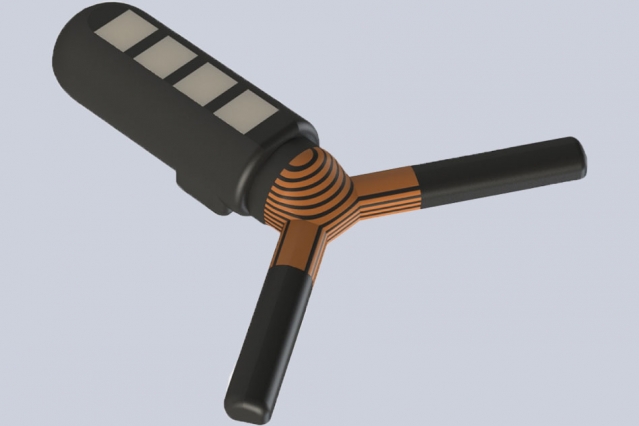Ingestible Pill Can Be Controlled by Smartphone
You can control almost everything with your smartphone these days. From your car to a drone or even a hearing aid. Thanks to scientists at MIT you’ll soon be able to control your medicine.
Bluetooth Controlled Pill Releases Drugs and Adapts to Body
Researchers at MIT, Draper, and Brigham and Women’s Hospital have designed an ingestible capsule that can be controlled via Bluetooth with your smartphone. It can transmit information and will respond to instructions on when and how to deliver drugs to the body. With the ability to sense and adapt to environmental conditions, the capsule is designed to stay inside a stomach for at least a month.
With this “smart” pill, patients will no longer have to remember when to take their drugs. The pill releases the correct dosage at the right time. The pill has a built-in sensor that can react to changes in the body. The pills can be programmed to release an antibiotic if an infection or allergic reaction is detected. It can also transmit other information such as heart rate, breathing and body temperature to other wearable devices which can allow doctors to see information in real time.
“Our system could provide closed-loop monitoring and treatment, whereby a signal can help guide the delivery of a drug or tuning the dose of a drug,” says Giovanni Traverso, a visiting scientist in MIT’s Department of Mechanical Engineering.

Capsule Made With 3D Printing
The pills are manufactured using cost-effective 3-D Printing technology. According to the paper, this allows for the manufacture of “unique multi-component architectures and functional devices”, which are not possible using the conventional manufacturing techniques. Currently, the pill is powered by a small oxide battery. Researchers are hoping to eventually use an external antenna or stomach acid as alternate power sources.
“We are excited about this demonstration of 3-D printing and of how ingestible technologies can help people through novel devices that facilitate mobile health applications,” says Robert Langer, the David H. Koch Institute Professor and a member of MIT’s Koch Institute for Integrative Cancer Research.
Check out our articles on Facial Recognition identifying Civil War photos and AI protecting homes with drones.

